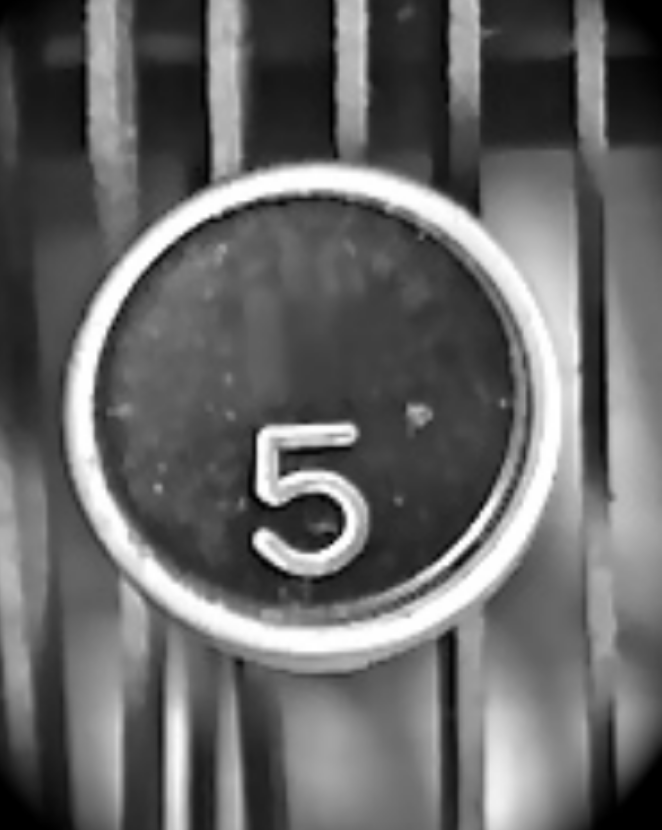5 HOT BOOKS: How Democracies Fall Apart, Digging Up Problematic Ancestors, and More
/1. The Great Experiment: Why Diverse Democracies Fall Apart and How They Can Endure by Yascha Mounk (Penguin Press)
When the world seems torn between Fox News and MSNBC, read political scientist Mounk calls for “civic patriotism.” Professor of international affairs at Johns Hopkins and contributing editor at the Atlantic, Mounk has a vision that rejects rigidity and a militancy on the right that calls for homogeneity or the left that pushes for identity politics. His vision is for multicultural patriotism and democratic ideals, a society that battles terrorism but also provides equal access to services like health care.
2. Ancestor Trouble: A Reckoning and a Reconciliation by Maud Newton (Random House)
“Ancestor hunger circles the globe,” writes Newton in her stunning book, a reward for those of us who’ve been waiting for more since her 2014 Harper’s magazine cover story, “America’s Ancestry Craze. She synthesizes the surging fascination with genealogy with her own sprawling, complex family history that involves slave owners, an alleged 17th-century witch, and an assortment of scoundrels. Newton has written a wise and compassionate book, contending that “giving deep consideration to our family dead is a way of reconnecting with the larger circle of humanity.”
3. The Newspaper Axis: Six Press Barons Who Enabled Hitler by Kathryn S. Olmsted (Yale University Press)
In her engrossing history, Olmsted focuses on the hugely powerful right-wing media moguls who played down the rise of fascism, echoed anti-Semitic propaganda, encouraged populist isolationism, and diminished and delayed British and American response to Nazi aggression. Olmsted, a professor of history at the University of California, Davis, spotlights magnates from Lord Rothermere and his Daily Mail in Britain and in America Joseph Medill Patterson of the New York Daily News and his sister Eleanor “Cissy” Patterson of the Washington Times-Herald and of course, Citizen Kane himself, William Randolph Hearst, with his vast chain of newspapers. In her wide-angled view, Olmsted shows the collective power of the biased press at a critical moment in history, Hitler’s ascent.
4. Middlemarch and the Imperfect Life by Pamela Erens (Ig)
“When I read Eliot, I am somehow better, more humble, more generous, more understanding – and I find life a little more funny,” Erens writes in her smart, charming weave of interlaced memoir and literary criticism. Merging storytelling and essay, George Eliot’s masterpiece Middlemarch has rescued Erens through her rocky years and been a touchstone in her life, stirred by the “gorgeous melody” of her sentences. Plus, Erens finds the great Victorian writer very funny.
5. Keats: A Brief Life in Nine Poems and One Epitaph by Lucasta Miller (Knopf)
British biographer and literary critic Miller, as her new book’s title promises, brilliantly shows how John Keats created his poems that have been recited for centuries. In her close reading of Keats’ poetry and letters, Miller focuses on a set of his poems and excavates their stories of origin and creation as particular “entry points” into his life and work. Keats is, as Miller writes, “never a fixed entity. He’s always in motion.”










